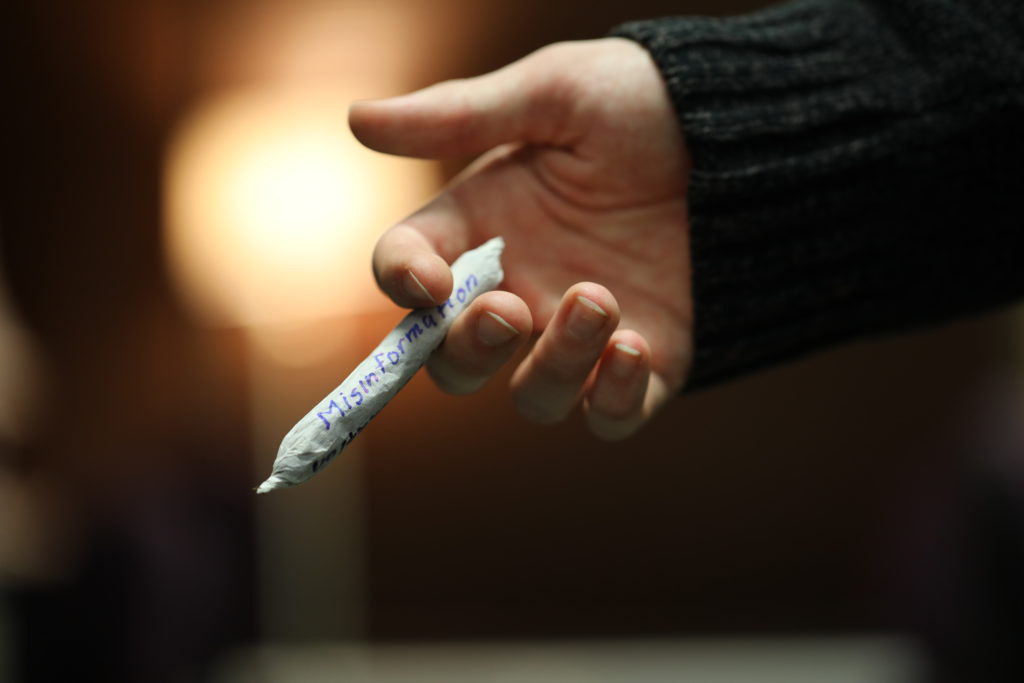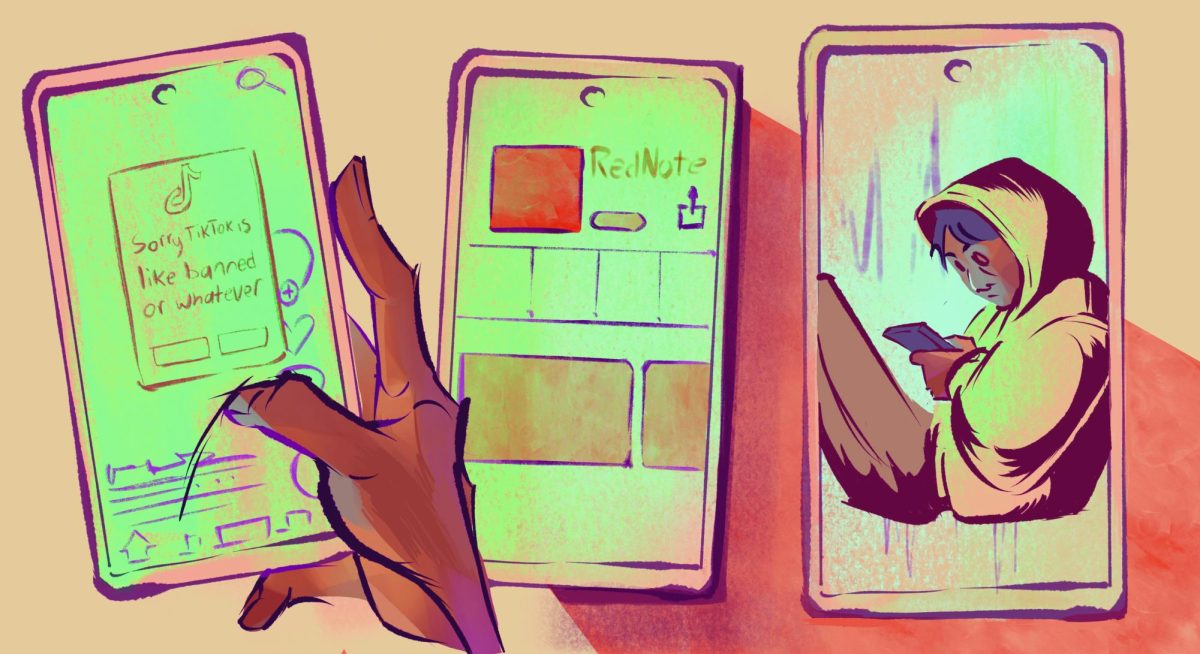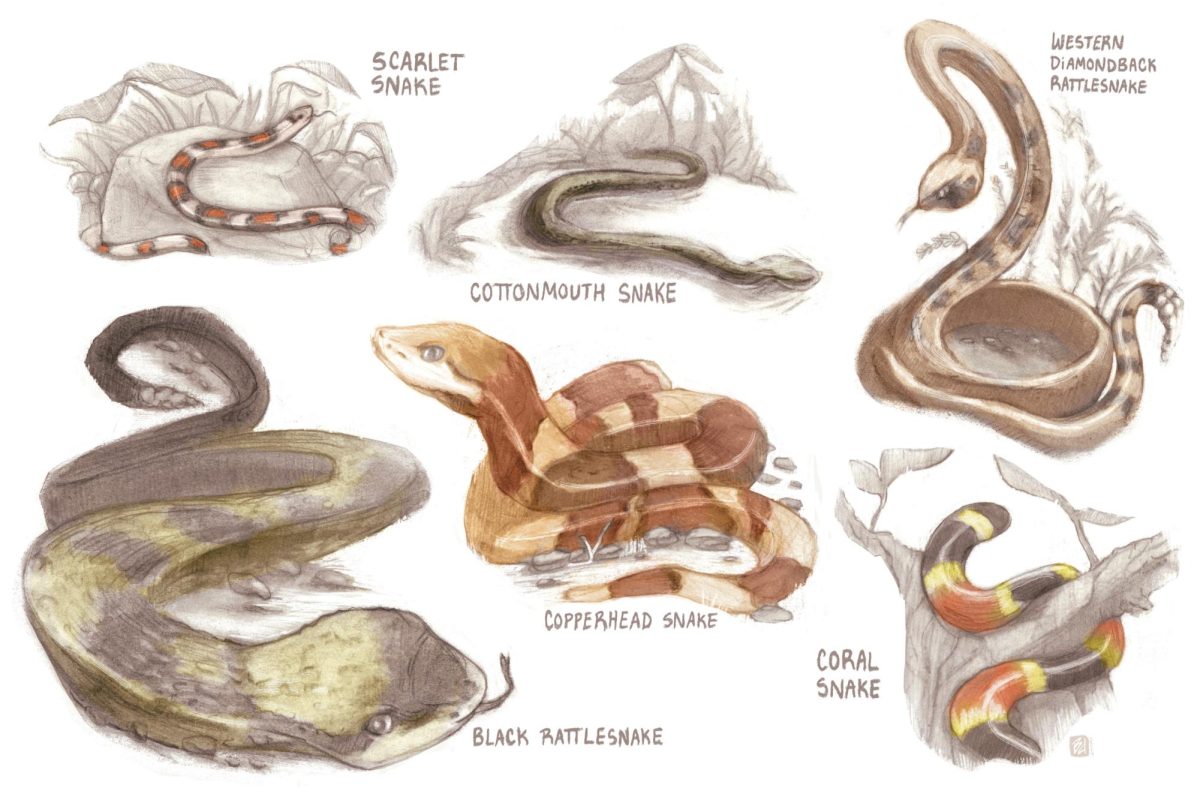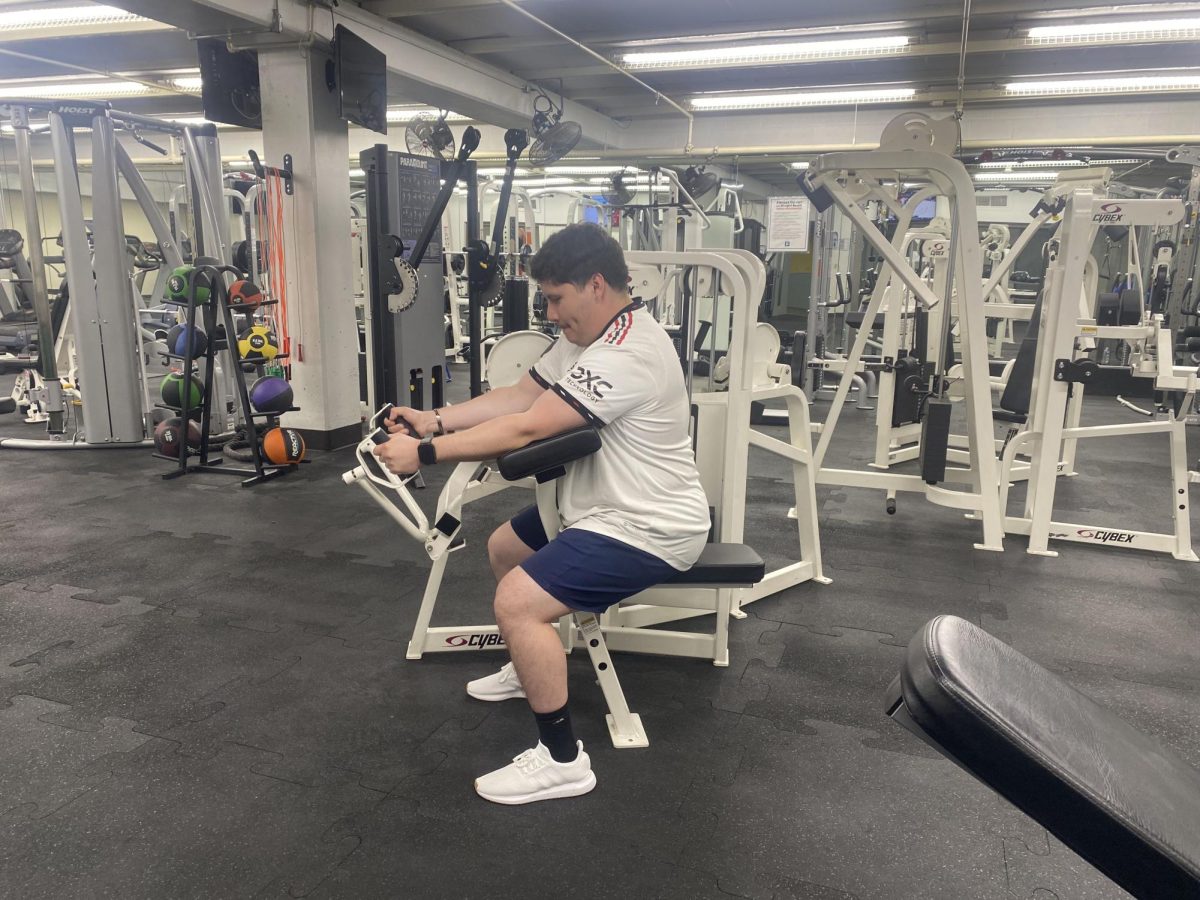
By Dr. Dank
Cannabis Columnist
As states continue to legalize cannabis across the country, the fight against the non-believers of the substance is at an all-time high. With their backs against the wall, opponents of cannabis in non-legal states, including Texas, are making efforts to protect their ignorant laws by flooding communities with misinformation hoping to continue to persuade voters that cannabis is evil.
The idea that cannabis is a gateway drug is outdated. “The majority of people who use marijuana do not go on to use harder drugs,” according to drugabuse.gov. People who are more prone to drug abuse start wherever they can. The starting point is as likely to be alcohol or cigarettes as it is to be cannabis because they are easily accessible, according to the National Institute on Drug Abuse.
In an opinion for Newsweek, Miriam Boeri, a Bentley University sociology professor, wrote, “Most research linking marijuana to hard drug use comes from the correlation between the two. However, as any junior scientist can tell you, correlation does not mean causation.”
The NPR headline, “Daily Marijuana Use and Highly Potent Weed Linked to Psychosis,” would draw anyone’s attention. The article mentions a study conducted by the European Monitoring Center for Drugs and Drug Addiction, or EMCDDA, which found three European cities – London, Paris and Amsterdam – had the highest rates of psychosis diagnoses, as well as the highest potency marijuana consumed on-average. The high-potency strains are the most easily available and commonly used in those cities, according to the EMCDDA.
According to NPR, Diana Martinez, a psychiatrist and addiction researcher at Columbia University, said, “You can’t say that cannabis causes psychosis. … It’s simply not supported by the data.” Genetics are known to play a key role in psychosis, and so are environmental factors, such as stability at home and even bullying. The study did not cover any of those factors, Martinez said.
If you only read the first 1,000 words of the article, you would probably consider re-evaluating your cannabis use. If you are a registered voter in a non-legal state, you could have swung over to the non-believers’ side of the aisle.
In “Imprimis,” a publication by Hillsdale College, author Alex Berenson said teenagers who smoke marijuana regularly are about three times as likely to develop schizophrenia. It is another frightening tale handed out to students at a private Baptist institution that would scare anyone, even cannabis users.
However, in the article is the disclaimer: “[None] of these studies prove that rising cannabis use has caused population-wide increases in psychosis or other mental illness. The most that can be said is that they offer intriguing evidence of a link.”
The cannabinoids found in cannabis work wonders for the body and mind. Pre-clinical research – some sponsored by the U.S. government – has determined cannabis is jam-packed with anti-tumoral, antioxidant, anti-spasmodic, anti-psychotic, anti-convulsive and neuroprotective properties, according to projectcbd.org. It also contains anti-anxiety effects, and is proven to kill cancer cells in both men and women.
It is important to understand both sides of any debate, but equally important to realize when you are often being misinformed. Read the whole article, and do your own research. Do not take things at face value, because some distributors of knowledge have their own agenda. Be smarter than they expect you to be.
EDITOR’S NOTE: Dr. Dank is not a real doctor. It is the pseudonym chosen to protect the identity of the author of the column. Dr. Dank grew up in a state where marijuana for medicinal and recreational use has been legal for a number of years. The Courier does not advocate the use of marijuana or any illegal substance. Under current state law, possession is illegal in Texas and punishable with prison time and fines.






